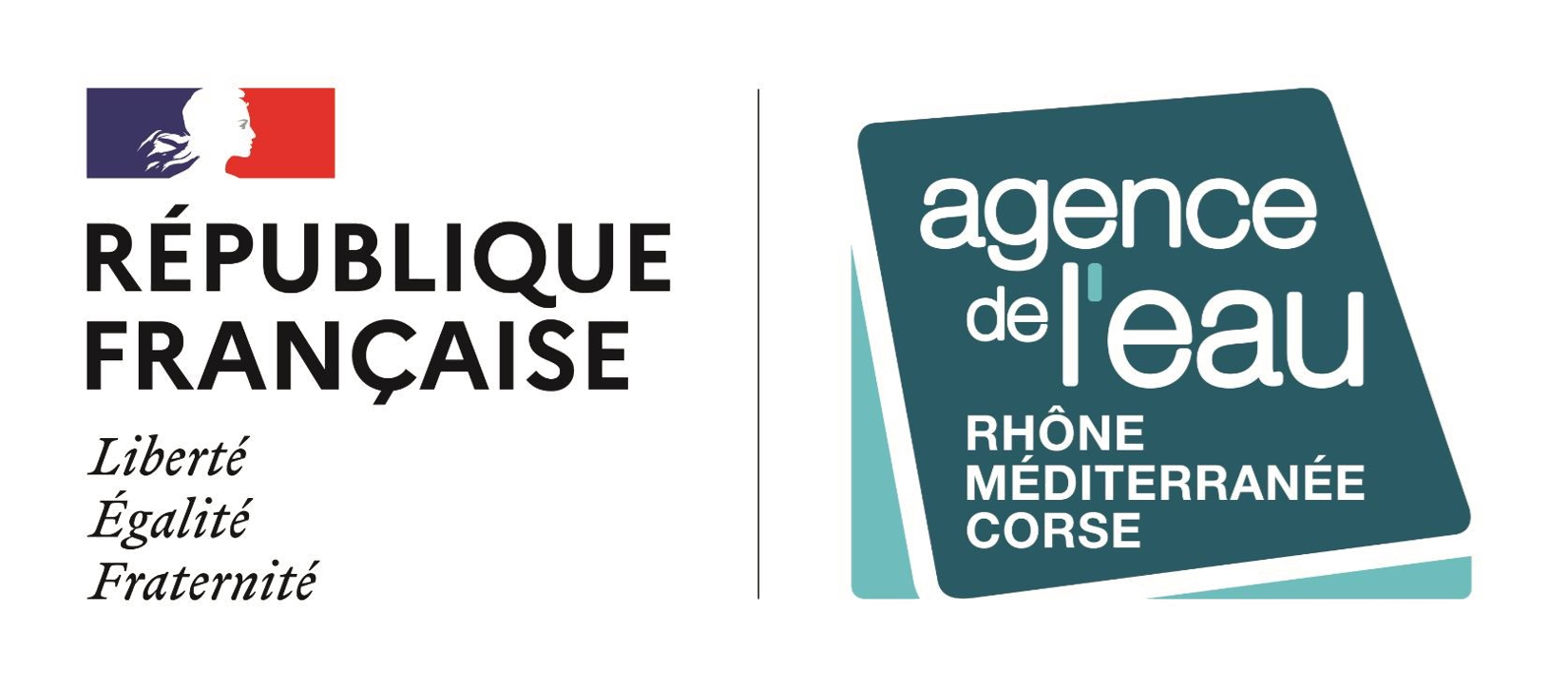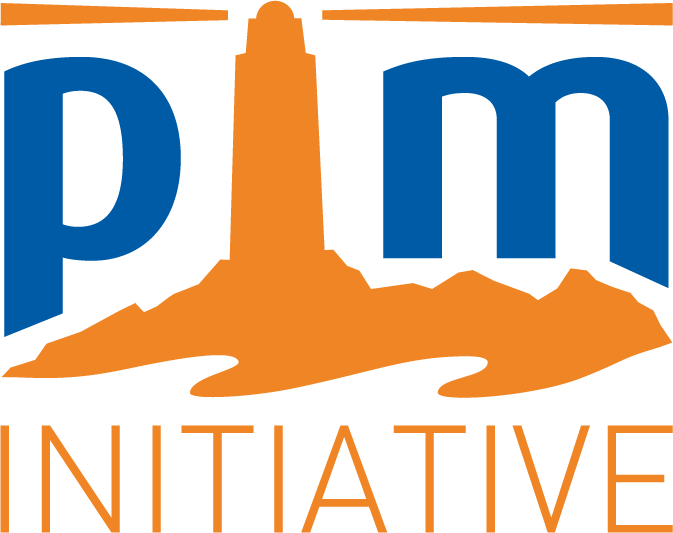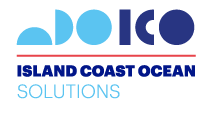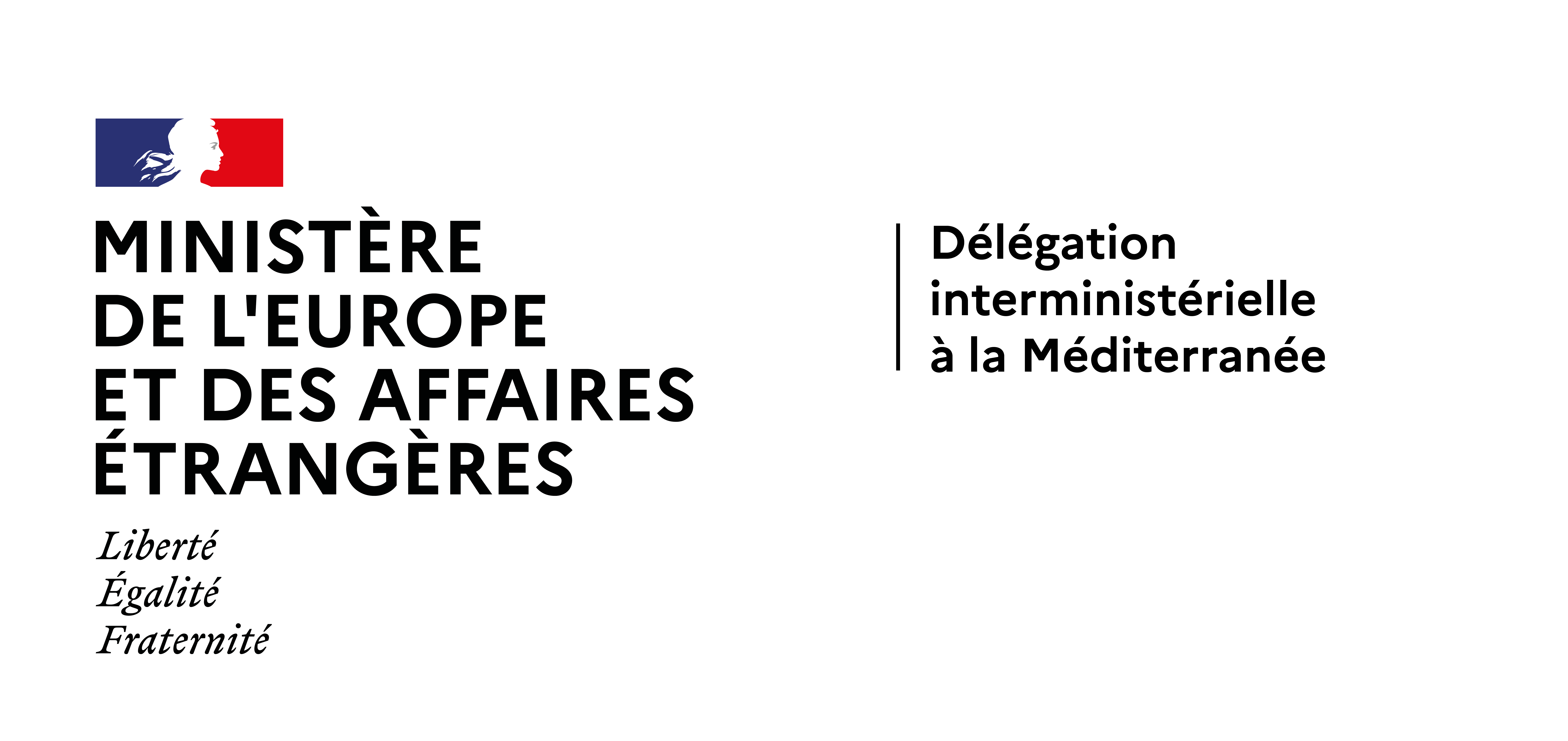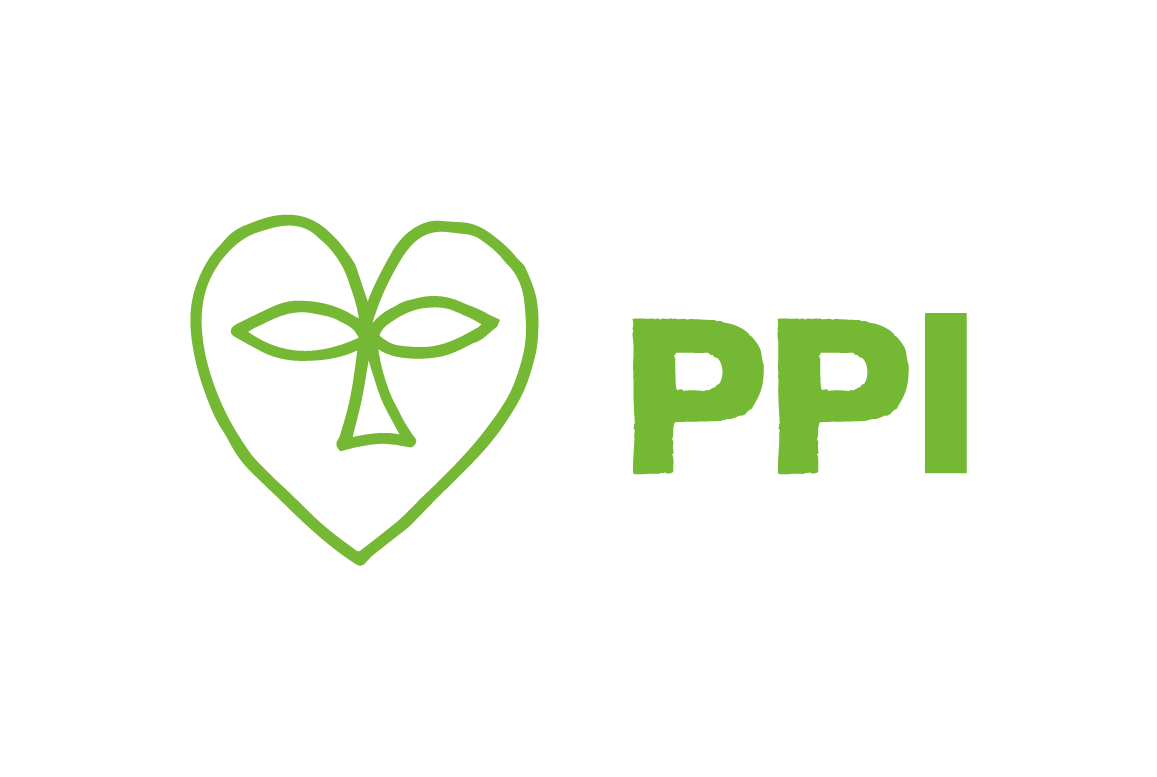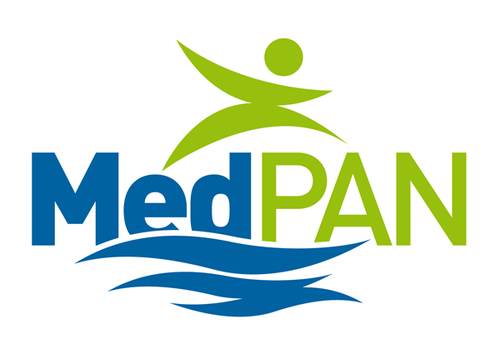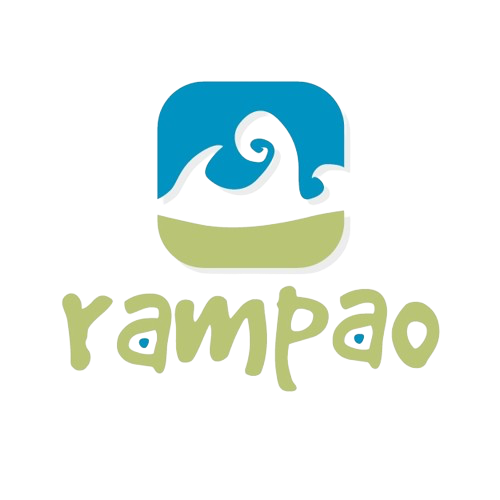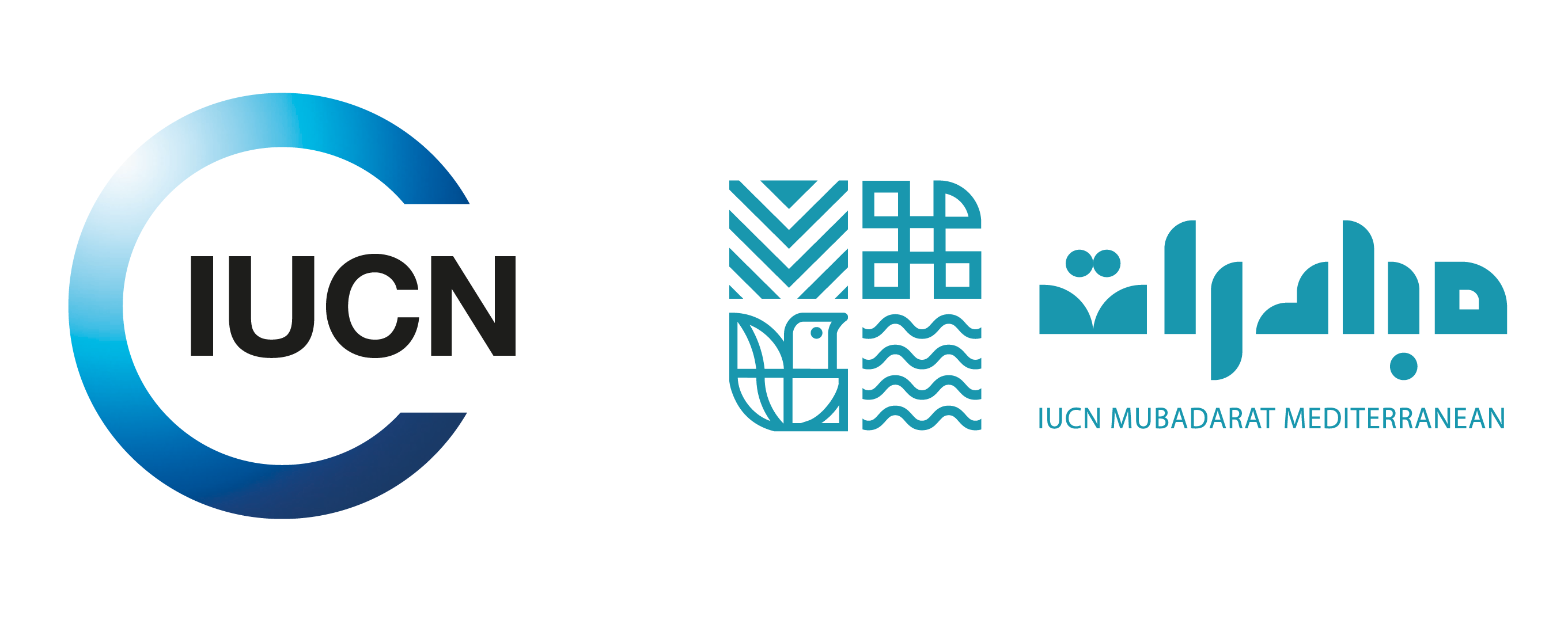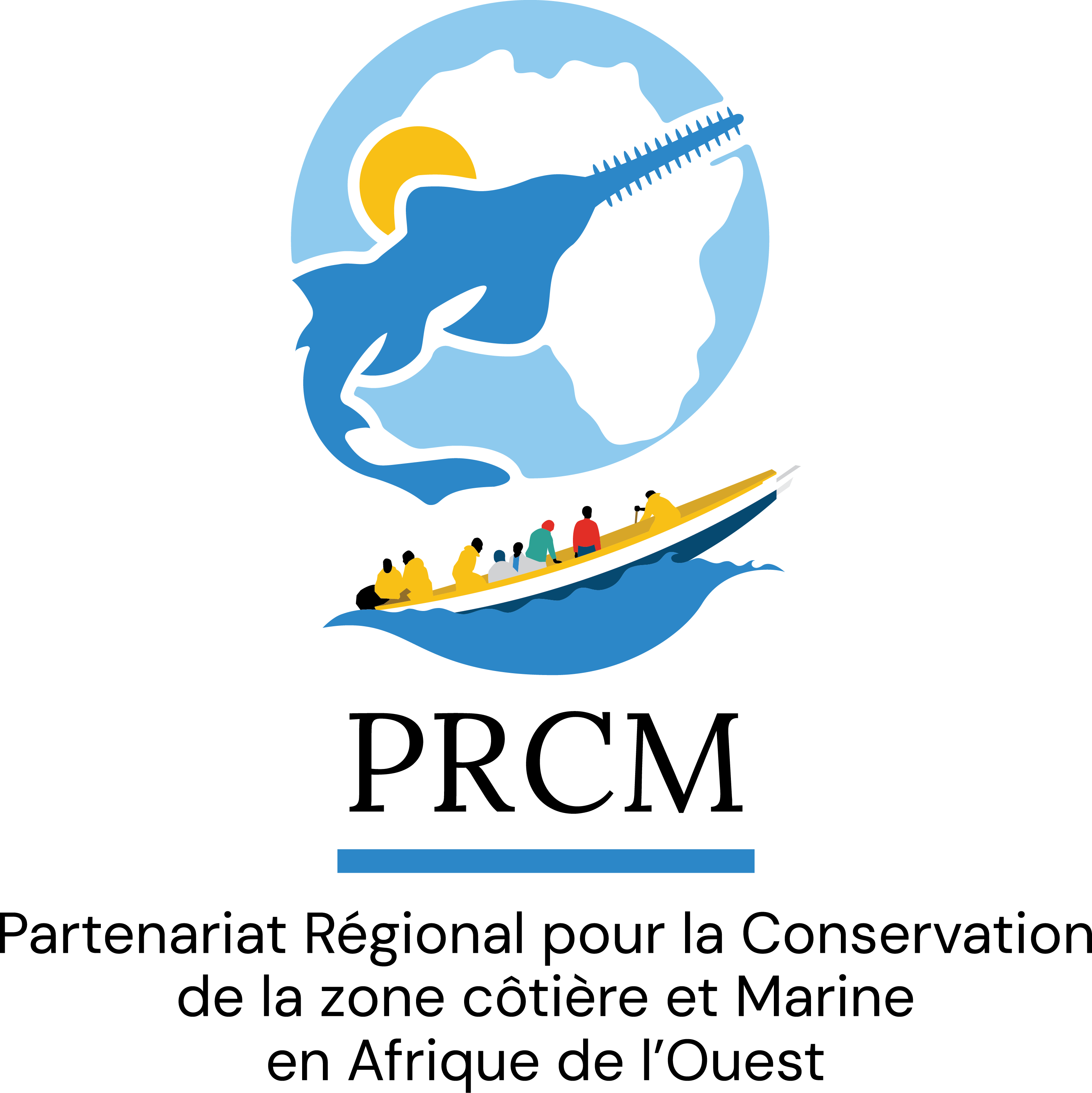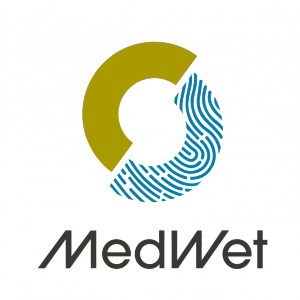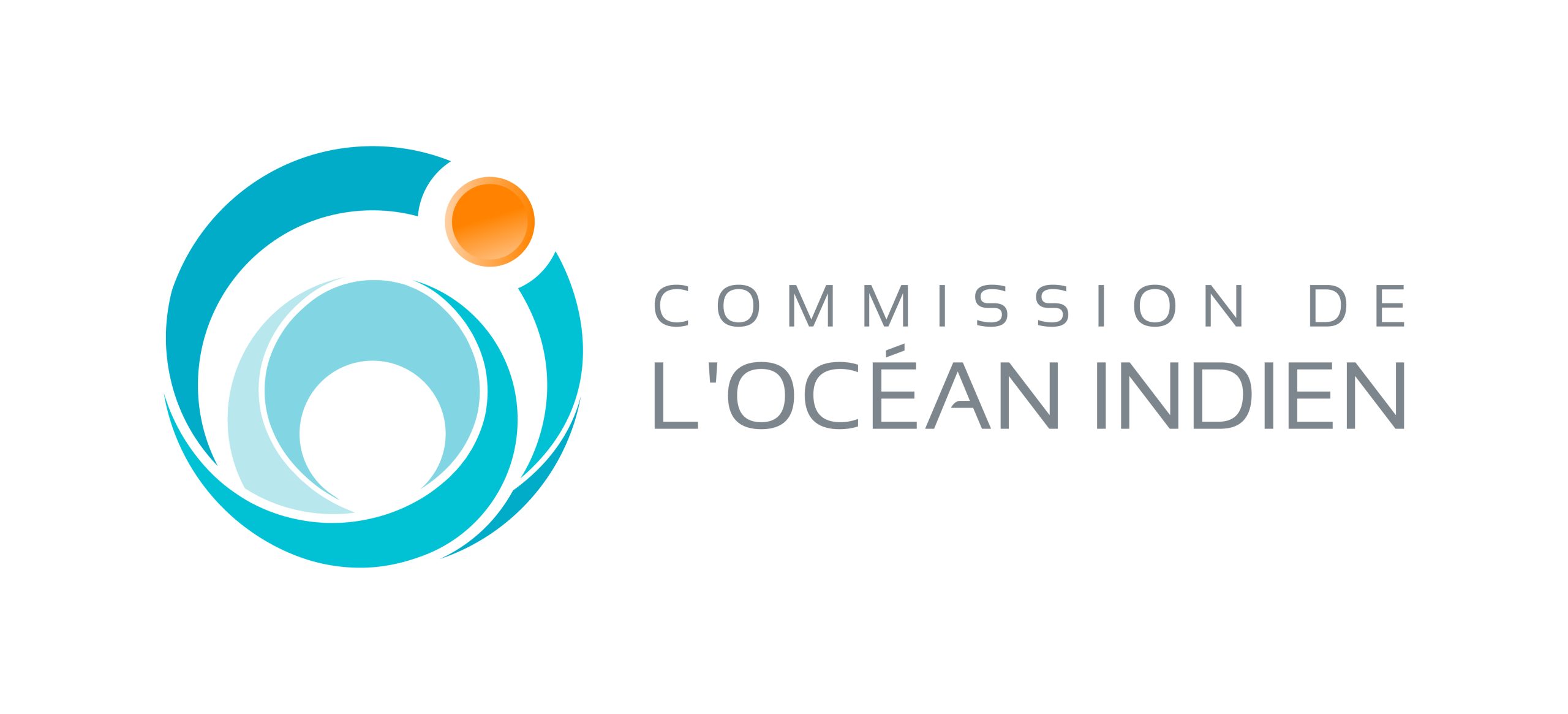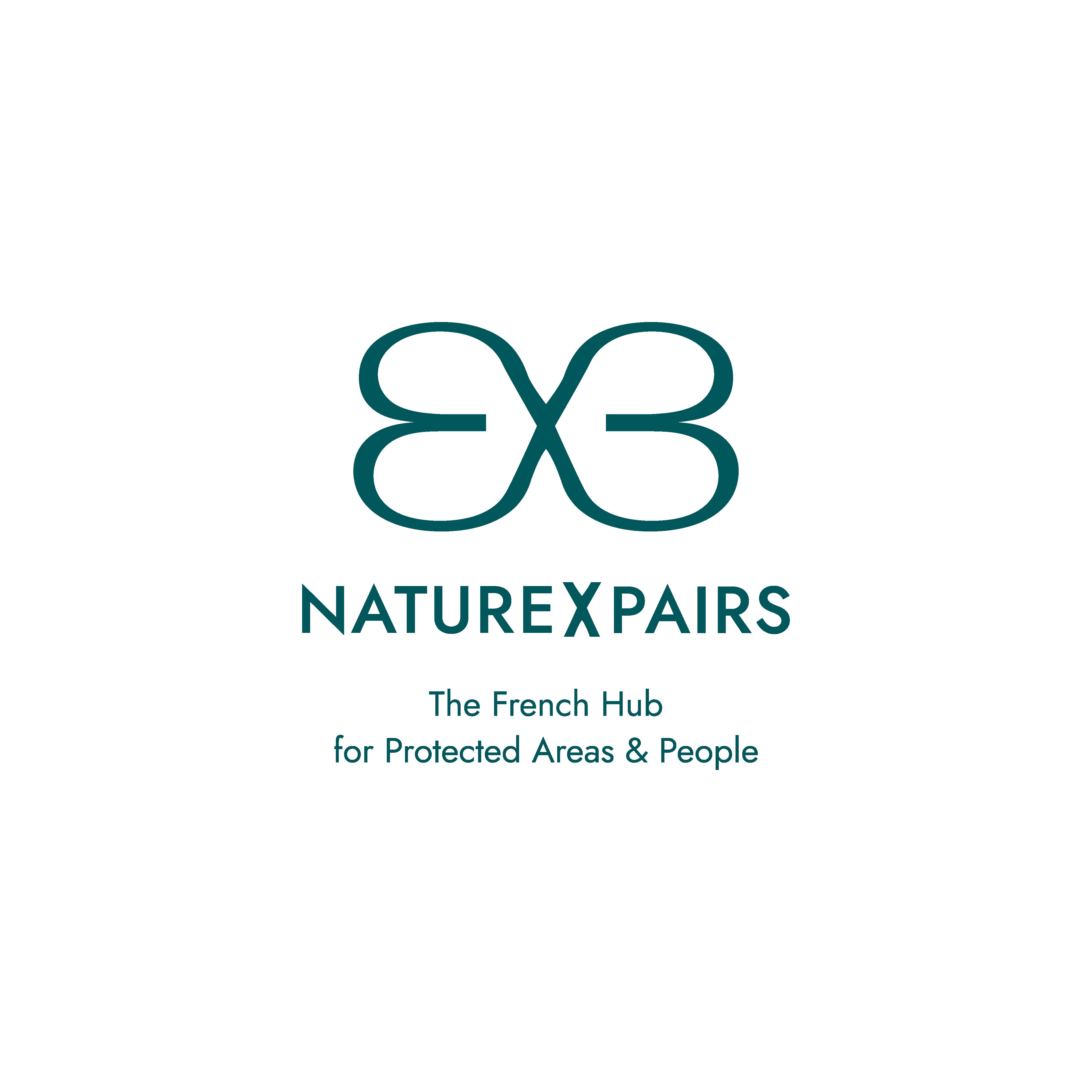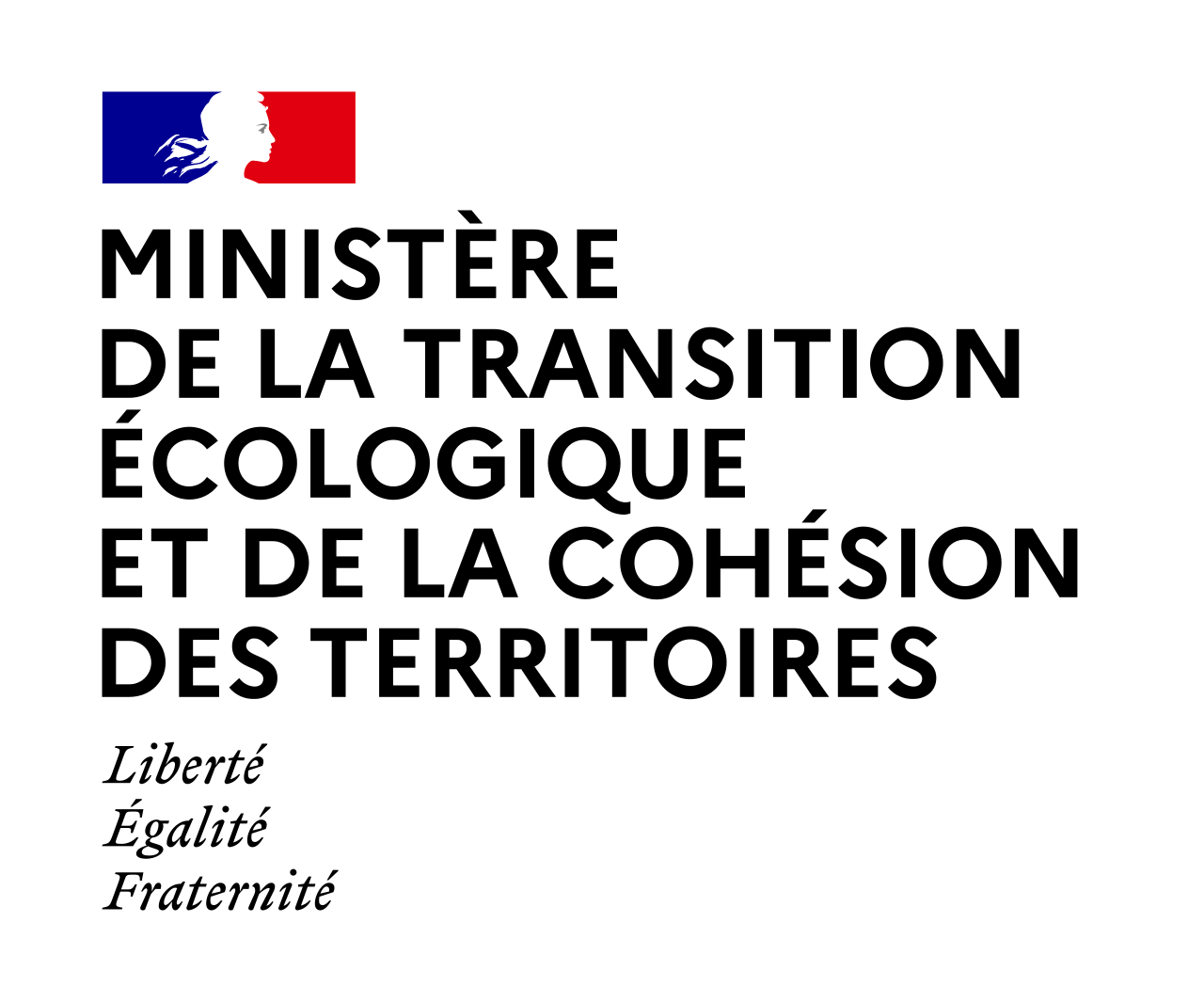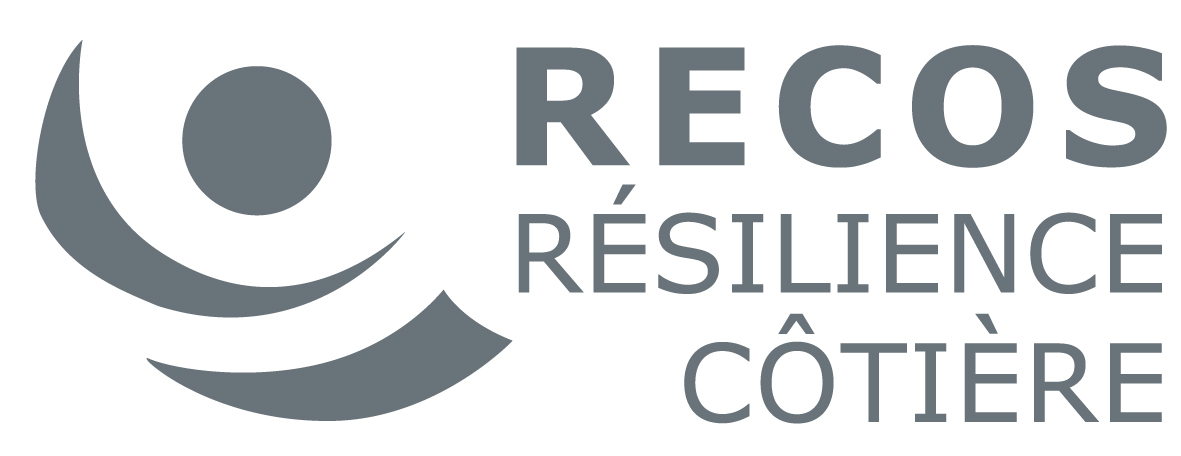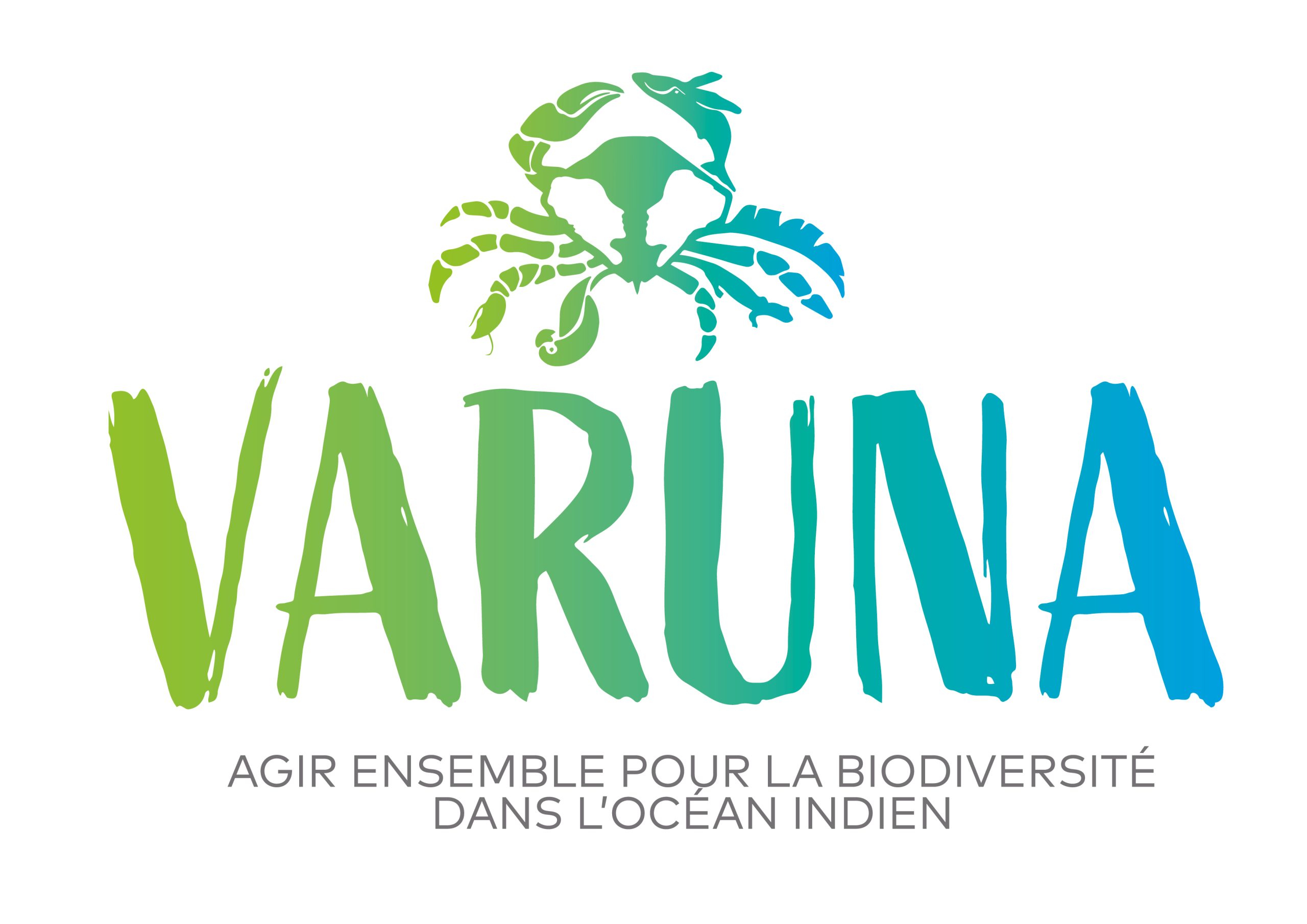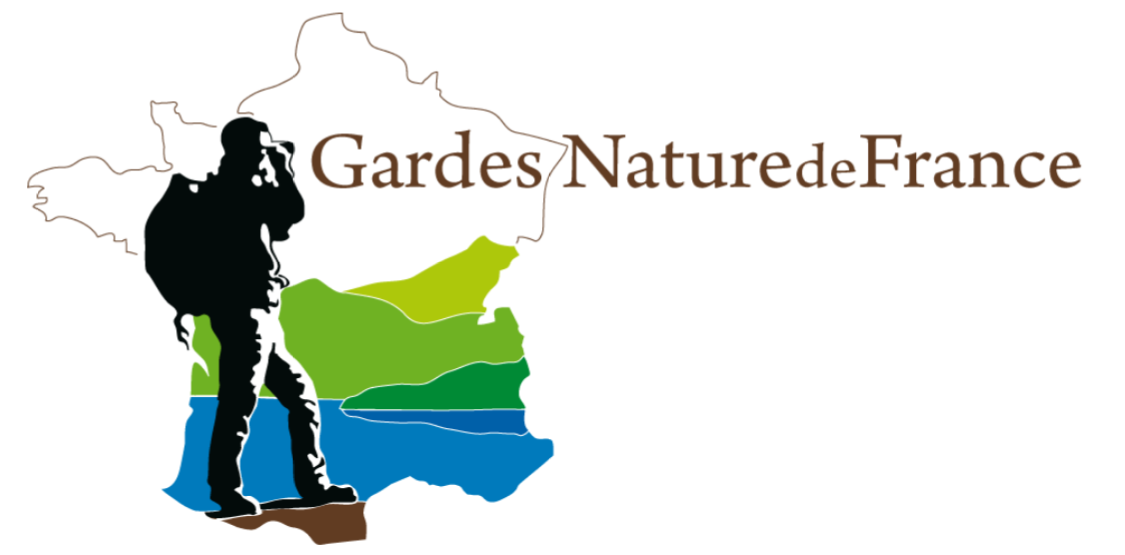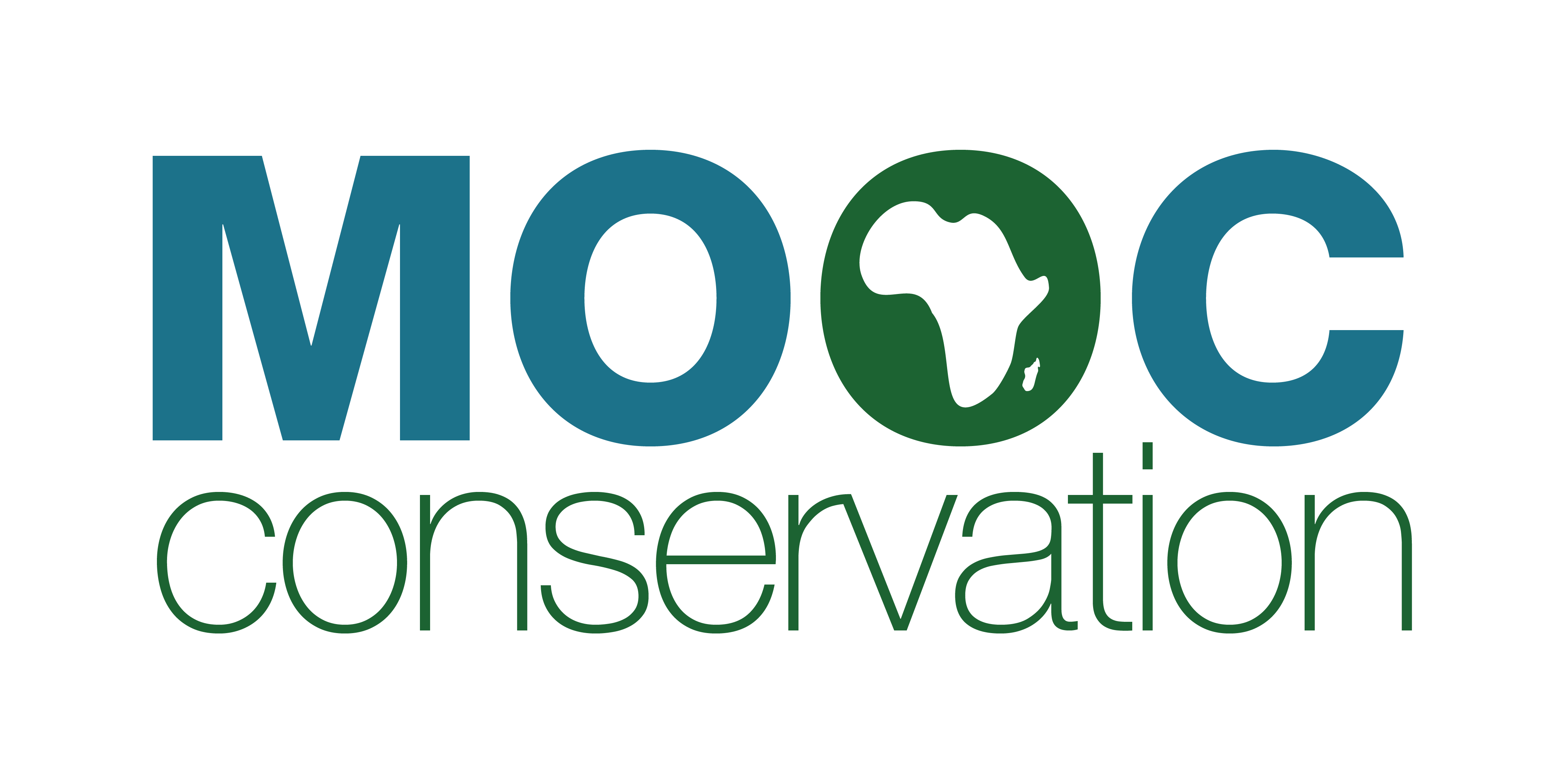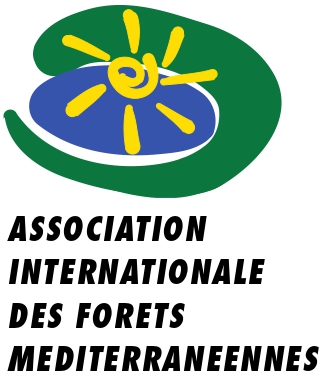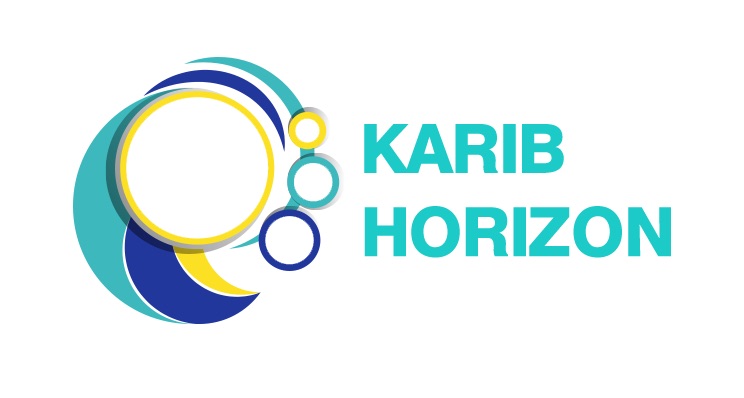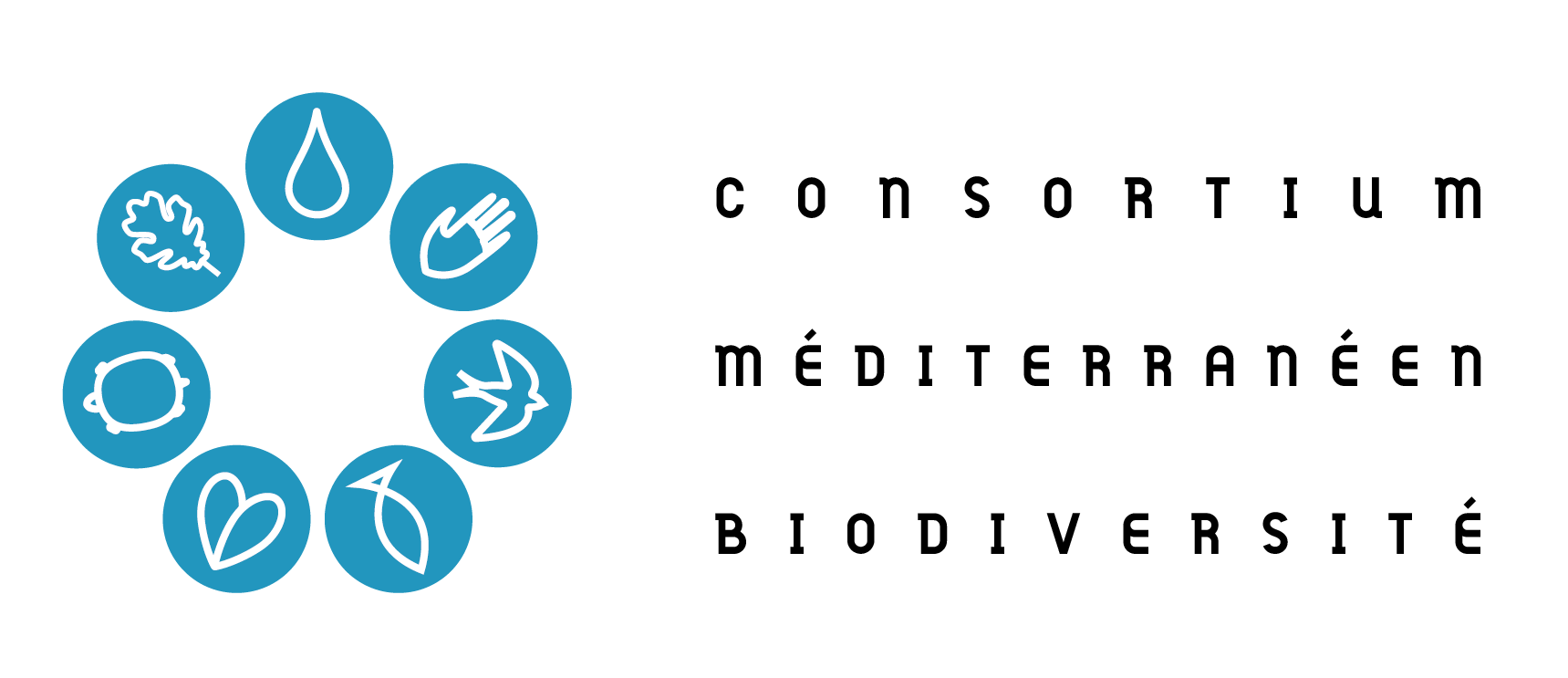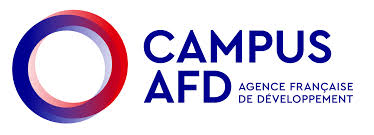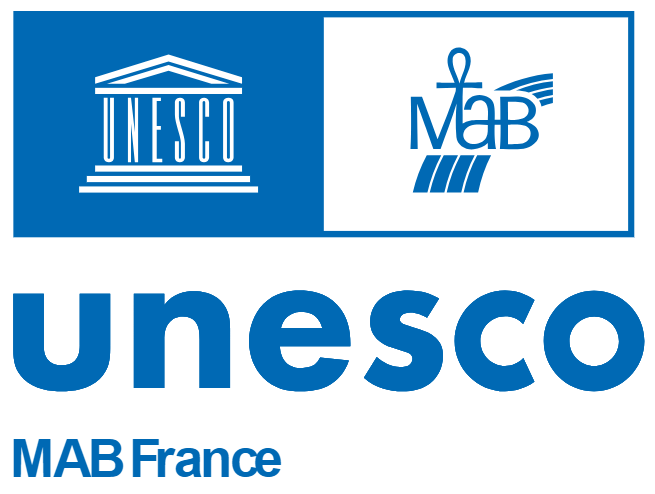TRAINING
Discover the COGICO MOOC
To continue the ICO Solutions approach of sharing good practice in the conservation of islands, coasts and oceans, and to meet the commitment made in 2021 to provide better training for managers of these areas, in a multidisciplinary approach, the Conservatoire du littoral and the PIM Initiative have developed the COGICO MOOC, with the support of the Rhône Méditerranée Corse French Water Agency and the French Facility for the Global Environment.
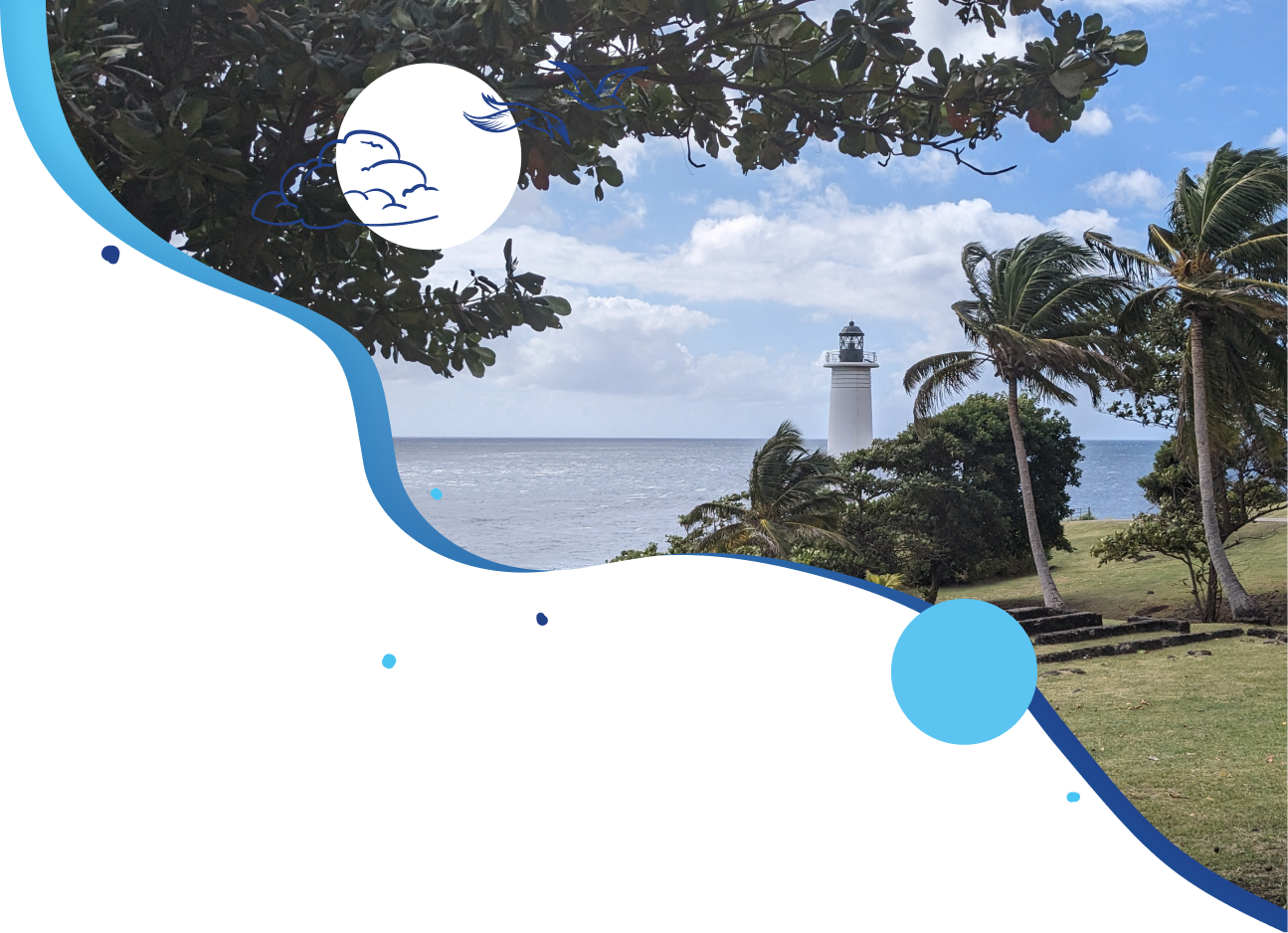
Do you work to manage and preserve a natural area, wherever you are on the planet, and are wondering how to do this on a daily basis? Would you like to learn more about the data you need to collect to manage a site effectively? Have you noticed the presence of a new invasive species and are wondering what type of action to take? Do you want to set up a new project or obtain funding but don’t know where to start? Are you thinking of banning cyclists from your site but don’t know how to approach them? Then this MOOC is for you!

Thanks to the teaching of experts and professionals in the field, this MOOC invites you to learn and progress in the management of coastal and insular natural areas. At the end of this course, you will be able to grasp all the components involved in managing a natural area, and to understand and implement relevant actions to ensure the long-term preservation of the site, its heritage and its resources.
You will gradually work your way through the 8 main themes required to implement sustainable and effective management of coastal and island areas:
At the end of this module, you will be able to understand what is meant by “shared governance” and “operational co-management”: what the links are between these two levels of management, and what the differences are. You will also know how to implement these processes, allocate your management actions in a coherent, effective and efficient way, and deal with implementation difficulties
At the end of this module, you will be able to visualise all the parameters required for good integrated and sustainable management of your site. You will be familiar with the methods for collecting, storing, analysing and making the most of your data, depending on the different uses planned and the management objectives and needs.
At the end of this module, you will know what is at stake when people visit your natural area, and the range of possible actions to implement depending on the characteristics of the site: facilities, signposting, on-site communication, surveillance and regulations. You will be able to produce a diagnosis of your site in relation to these issues and to build a visitor management strategy.
At the end of this module, you will have the understanding and skills needed to implement effective off-site communication. You will be able to identify targets, distribution channels and methods, as well as constructing coherent and effective messages. You will also be made aware of, and trained in, how to put in place an influential communications strategy, as well as how to implement practices to support behavioural change.
At the end of this module, you will be familiar with the major issues, objectives and benefits of ecological restoration on land and at sea. You will have a working method for defining your ecological restoration strategy, as well as practical information about effective practices today and those currently being tested.
At the end of this module, you will be aware of the issues involved in the sustainable economic development of an area, particularly as regards the activities that can be developed in natural areas. You will learn about the main challenges facing major economic activities, existing best practice and advice on how to set them up. You will be given the keys to raising awareness among economic players in order to promote changes in practices.
At the end of this module, you will be able to draw up an informed, coherent and feasible management plan for your natural area. You will also be able to evaluate the management plan and understand the issues involved in carrying out a proper upstream and downstream analysis of the site, the plan and the management carried out on the site.
At the end of this module, you will be able to manage all the stages involved in project management: identifying existing donors, analysing a call for tenders, building, implementing, monitoring and evaluating your project.
You will have access to a variety of training materials (practical guides, video testimonials from experts and field officers from different countries) and will be able to talk directly to our experts during Question & Answer webinars.
Designed for young French-speaking environmental professionals working internationally (government departments, local authorities, associations, etc.), the COGICO course is also open to anyone wishing to learn more and gain a better understanding of the issues involved in conserving islands, coasts and oceans. There are no specific prerequisites for taking this course. It is free and open to all.
What's next?
What about reinforcing the skills you’ve acquired during this course directly in the field? In fact, we are offering the most motivated and hard-working learners the chance to come face to face with the realities of the field during a practical session organised in France in the spring of 2025… Register for the COGICO MOOC, join our community and find out more soon!
Developped by

With the technical and financial support
